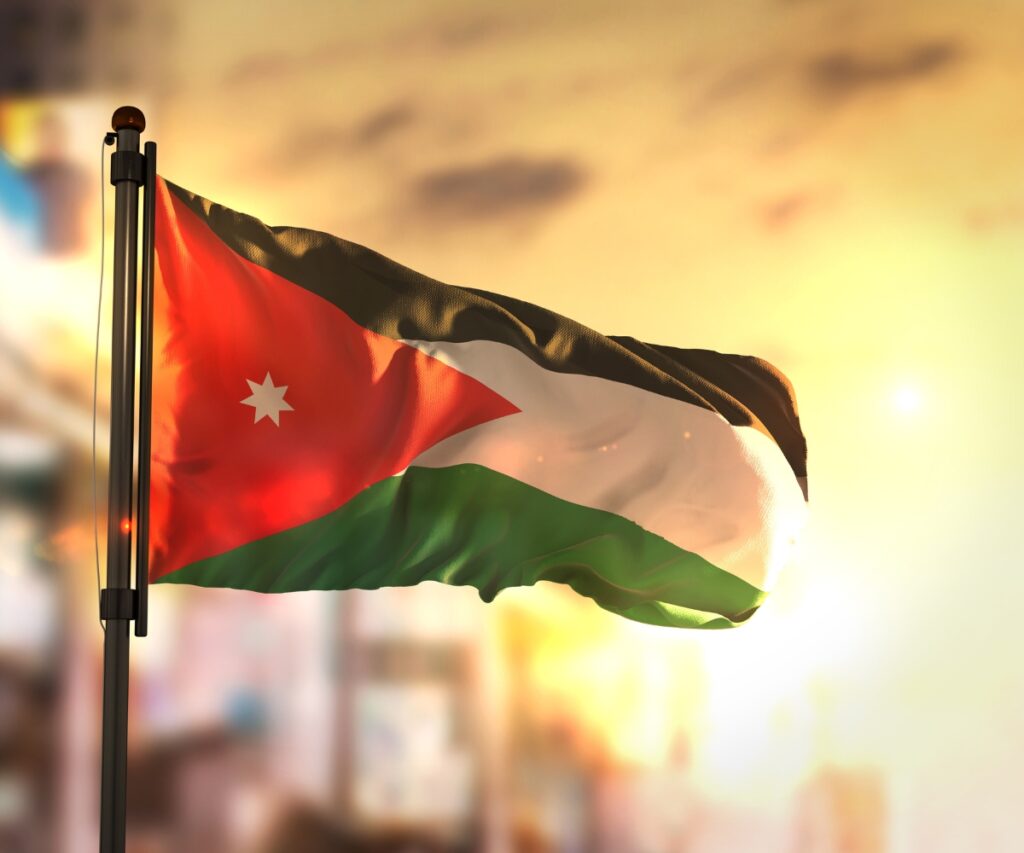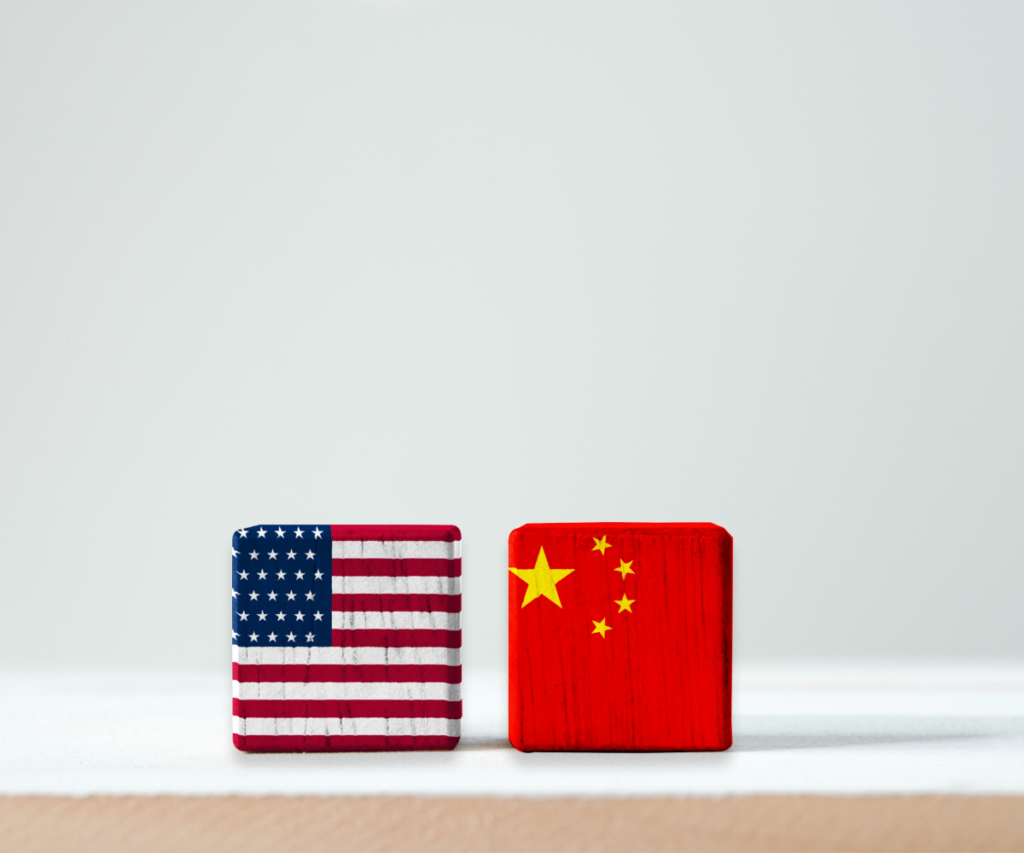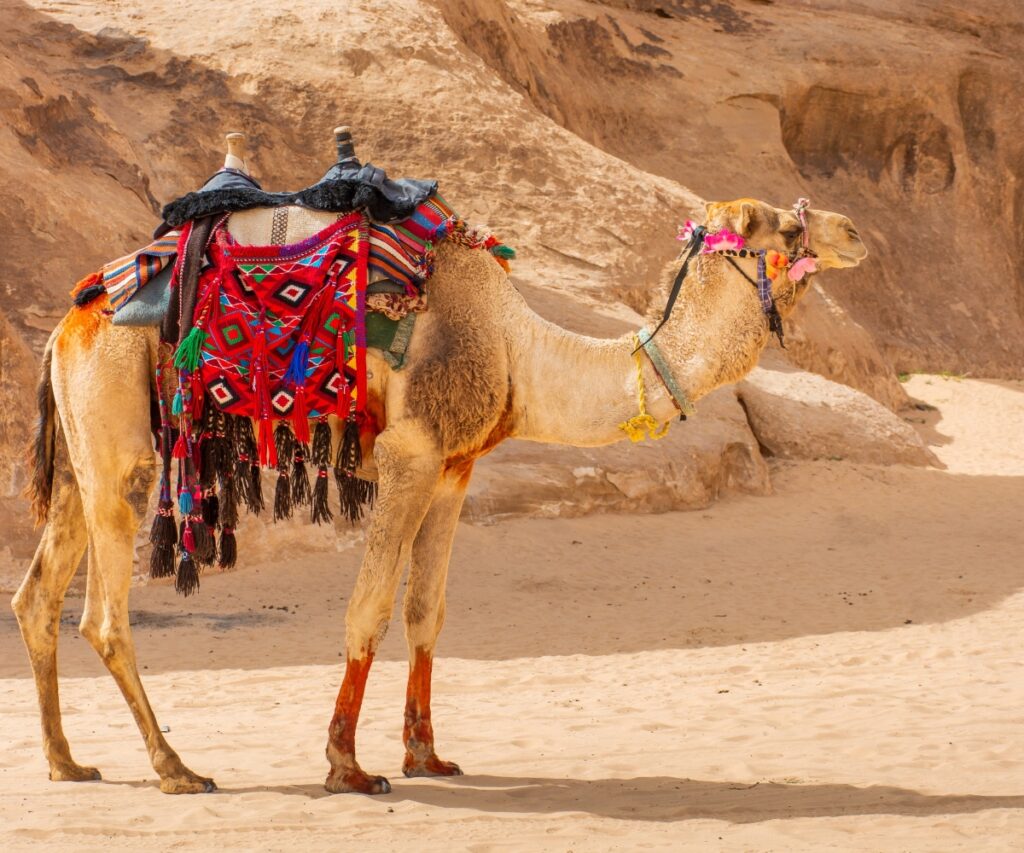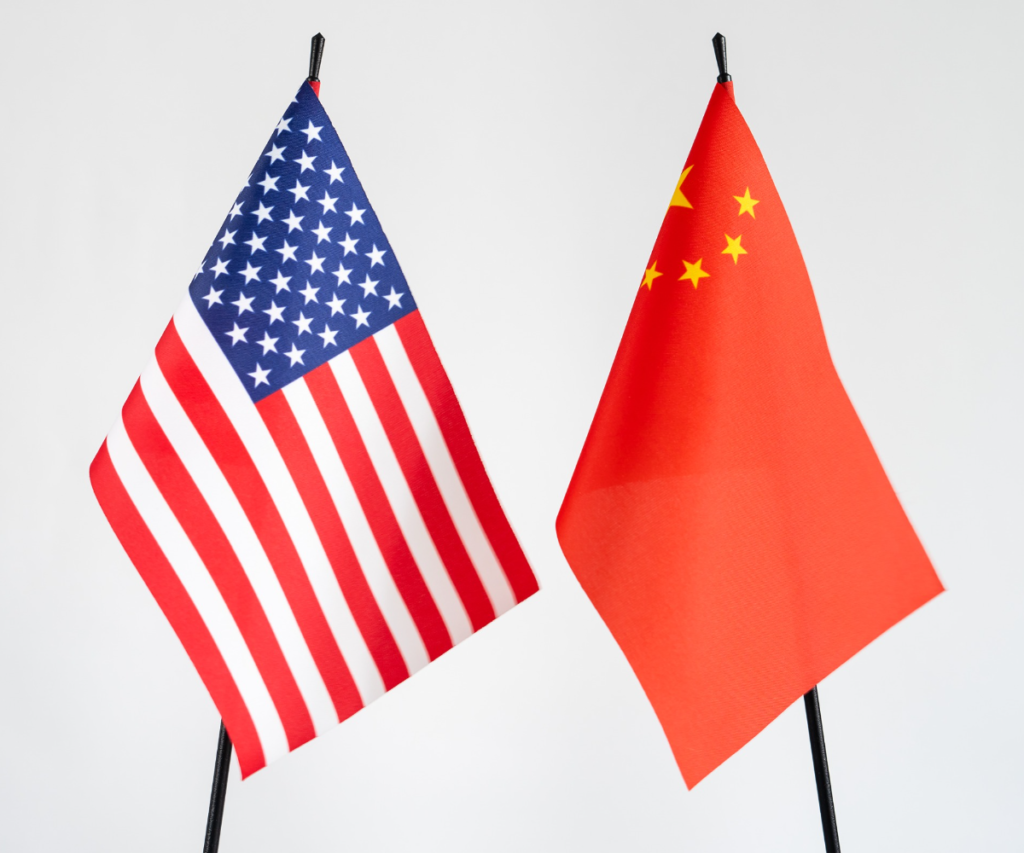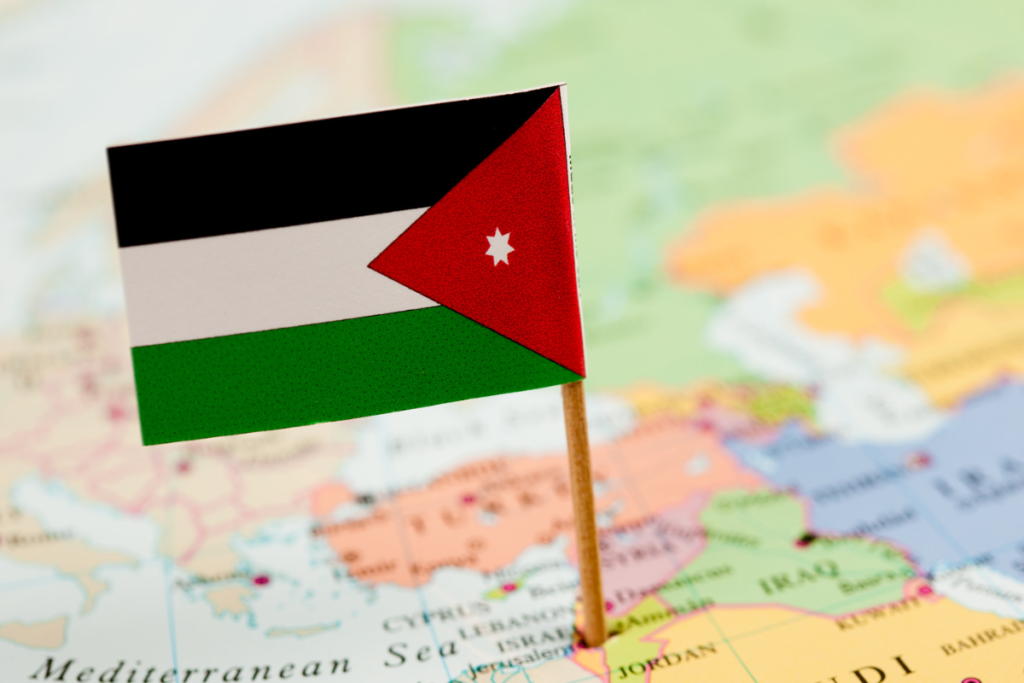الدولة الرحيمة الحازمة
لا يتعارض حزم الدولة في إنفاذ القانون مع نهج “الدولة الرحيمة” التي بناها الأردنيون على مر 100 عام بالتعب والعرق والدماء في ظل القيادة الرحيمة المتسامحة التي لم تحكم بالحديد والنار والاكراه والتسلط، وانما بالصفح والتسامح وسعة الصدر وطول النفس والبال. الأردن، دولة الإعالة التي رعت وراعت وعفت وصفحت ومكنت وعلمت وطورت وبنت، أُنهِكت.
Doing what is expected to achieve EMV
By Fares Braizat, Dec 05, 2022 The Economic Modernization Vision (EMV) 2033 came about through the wide consensus of over 500 experts, including active government ministers and public sector leaders. As such, only through the genuine cooperation of all Jordanians can it be implemented and achieve the expected outcomes. EMV 2033 is not unique; there…
The appeal of countries to Jordanians
By Fares Braizat, Nov 27, 2022 In the context of the current overt global competition between China and the US for global dominance, it is interesting to gauge the extent to which they could be successful in winning hearts and minds globally, and particularly in the Middle East, where emotions often run high due to…
Tourism’s change and evolution
By Fares Braizat, Nov 06, 2022 The contribution of international tourism to the total value of services and commodities of the Jordanian economy increased from an average of 26.1 percent in 2000-2005 to 41.8 percent in 2019. Although this growth is mirrored in other sectors, tourism remains the most promising in terms of growth and…
The Middle East between US and China
By Fares Braizat, Oct 30, 2022 In the October 2022 unclassified version of the Department of Defense (DoD) National Defense Strategy (NDS) (the previous one was published 2018), the DoD, while recognizing “the persistence of security threats” from Iran, North Korea, and terrorist groups like Al Qaeda and daesh, focuses on China and Russia. For…
Red Sea-level geopolitics
By Fares Braizat, Oct 23, 2022 The strategic importance of the Red Sea for regional and international actors is being reshaped by a renewed set of influencing factors. These include, inter alia, changed global posture of super and great powers in the region, emerging roles of regional powers (through delegation of roles by the super…
From ‘oil for security’ to what?
By Fares Braizat, Oct 09, 2022 The OPEC+ decision to reduce production by two million barrels a day is rooted in a shift of the world view of influential members of the cartel, as well as in commercial calculations. In fact, many OPEC+ members are producing less than their quota already, and the actual reduction…
The not so silent revolution in Saudi Arabia
By Fares Braizat, Oct 02, 2022 When the term “silent revolution” was coined in social sciences decades ago, it referred to undercurrents of change of value systems in societies, mainly moving from traditional value systems to more modernization-generated value systems. These undercurrents are not usually seen clearly, and sophisticated modeling methods are required to uncover…
The hidden gems of Jordan; seeing is believing
By Fares Braizat, Sep 26, 2022 When we share with friends some of the activities we routinely do around the country, often times we get a response like “there are many hidden gems in this country, but why do we not know about them?” I will talk about the gems now and leave the answer…
Power distribution audit of the Middle East
By Fares Braizat, Sep 11, 2022 Who are the winners and losers of the changing economic power dynamics in the Middle East? One of the best indicators to answer the question is to look at the GDP increase over the years, in current prices, as documented by the World Bank data. Economic power is the…
“شدشدة” سيادة القانون
معالي د. فارس البريزات، 2022.09.06 رغم التقدم الكبير الذي حققه الأردن خلال القرن الأول من عمر الدولة بالانتقال بالمجتمع إلى دولة المؤسسات والقانون، إلا أن مسيرة الانتقال من اللادولة إلى الدولة، ومن العرف إلى القانون، ومن النقل إلى العقل، ومن الاستهلاك إلى الإنتاج ما تزال بحاجة «للشدشدة».مع تغيّر نمط الحياة وانتقال النسبة الأكبر من المجتمع…
The transformation races in the region
By Fares Braizat, Sep 04,2022 Moving from the ad hoc, and centralized, time-centered development plans of the 1960s and 1970s to future visions that stretch to 2040, the Gulf states have become global competitors and seek to diversify their economies to match the ever-changing regional and global realities. Jordan and Egypt have joined the race…

